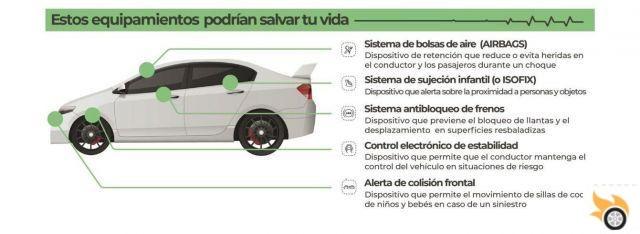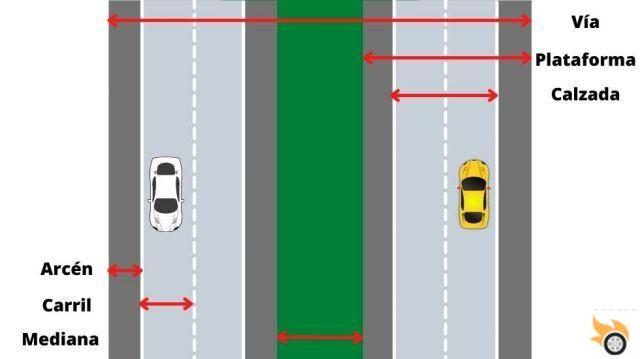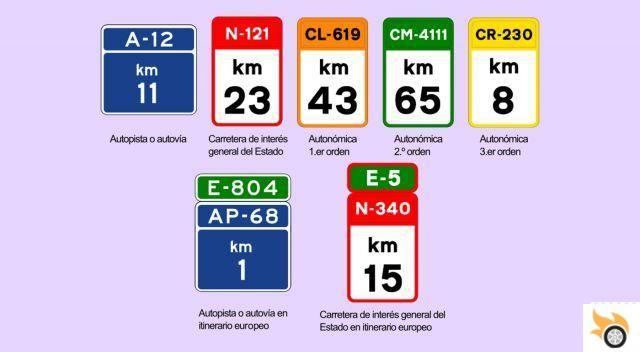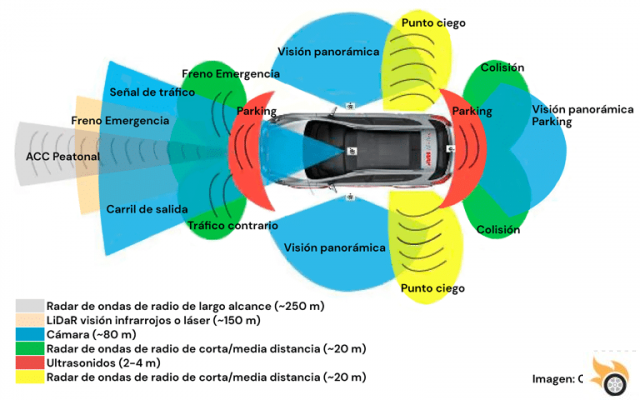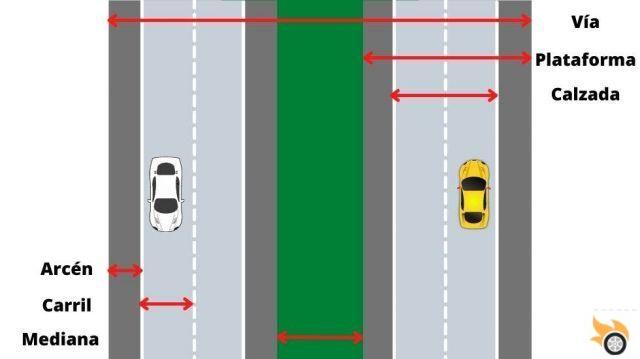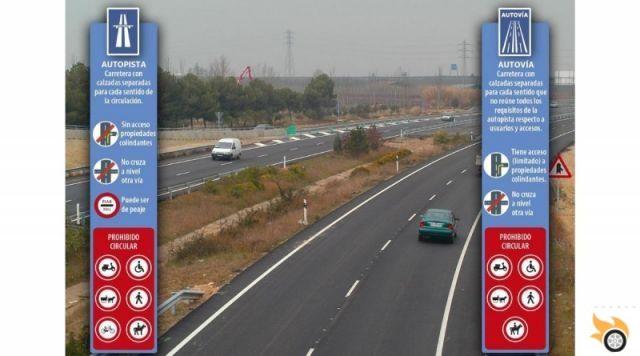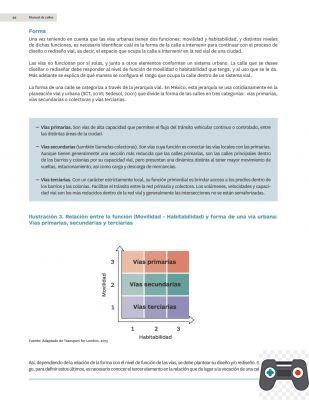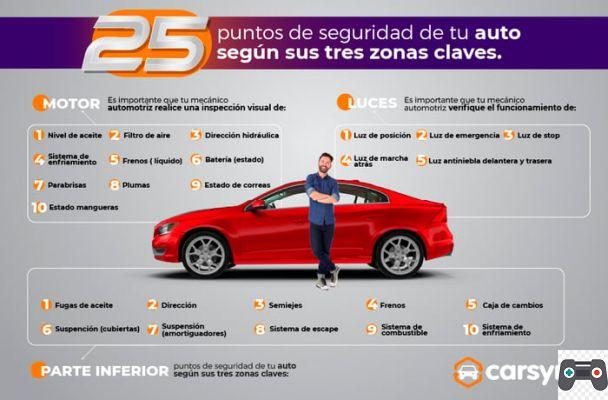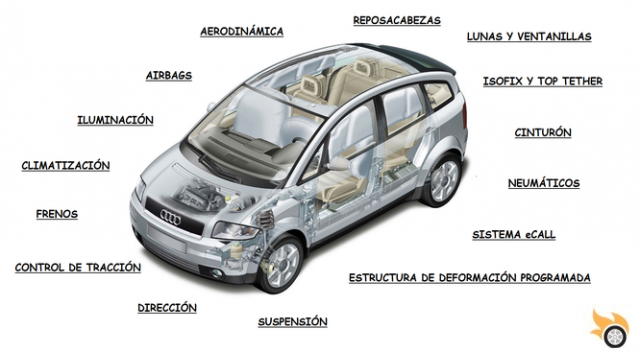
In the world of road safety, brakes play a fundamental role. They are one of the most important devices on a vehicle, allowing you to safely stop or slow it down. In this article, we will explore the classification of brakes as an active or passive safety device, as well as other safety elements and devices present in cars.
What are brakes and how do they work?
Before we get into the classification of brakes, it is important to understand what they are and how they work. Brakes are a system that allows you to stop or reduce the speed of a vehicle. They are made up of different components, such as discs, pads, calipers and brake fluid.
The operation of the brakes is based on friction. When the driver steps on the brake pedal, pressure is exerted on the brake pads, which put pressure on the brake discs. This friction generates heat and slows the vehicle down. Brake fluid plays a crucial role in this process, since it transmits the pressure exerted by the pedal to the wheels.
Classification of brakes as an active or passive safety device
Brakes are classified as an active safety device in vehicles. But what does this mean? Active safety refers to those systems that help prevent accidents and maintain control of the vehicle in emergency situations. In the case of brakes, their main function is to stop or slow the vehicle, helping to avoid collisions and keep you safe on the road.
It is important to note that brakes can also be considered as a passive safety device. Passive safety refers to those systems that protect the occupants of the vehicle in the event of an accident. In this sense, the brakes also play an important role, since they allow the vehicle to stop safely and reduce the impact in the event of a collision.
Other active and passive safety elements and devices in cars
In addition to brakes, there are other active and passive safety elements and devices in cars. Some of them are:
Active security:
- Anti-lock Braking Systems (ABS): Prevent the wheels from locking during hard braking, allowing the driver to maintain control of the vehicle.
- Stability Control (ESP): Helps maintain vehicle stability in curves or out-of-control situations.
- Emergency Brake Assist (EBA): Increases brake pressure in emergency situations to reduce stopping distance.
Passive security:
- Airbags: Deploy in the event of a collision to protect the occupants of the vehicle.
- Seat belts: prevent occupants from being thrown in the event of an accident.
- Programmed deformation structure: absorbs impact energy in the event of a collision.
Frequently Asked Questions
1. What is the difference between active security and passive security?
Active safety refers to systems that help prevent accidents and maintain control of the vehicle, such as the brakes, ABS and ESP. On the other hand, passive safety refers to systems that protect vehicle occupants in the event of an accident, such as airbags and seat belts.
2. What is the importance of keeping the brakes in good condition?
Keeping the brakes in good condition is essential to ensure safety on the road. Worn or failing brakes can compromise the ability to stop the vehicle safely, increasing the risk of accidents. It is advisable to carry out periodic reviews and change the brakes when necessary.
Conclusion
In short, brakes are an active and passive safety device in vehicles. Its classification as such is due to its main function of stopping or slowing the vehicle, which helps prevent accidents and protect the occupants in the event of a collision. In addition to brakes, there are other active and passive safety elements and devices in cars, such as ABS, ESP, airbags and seat belts. Keeping your brakes in good condition is crucial to ensuring safety on the road.
Until next time.




